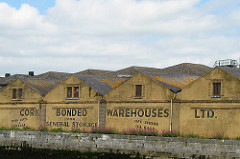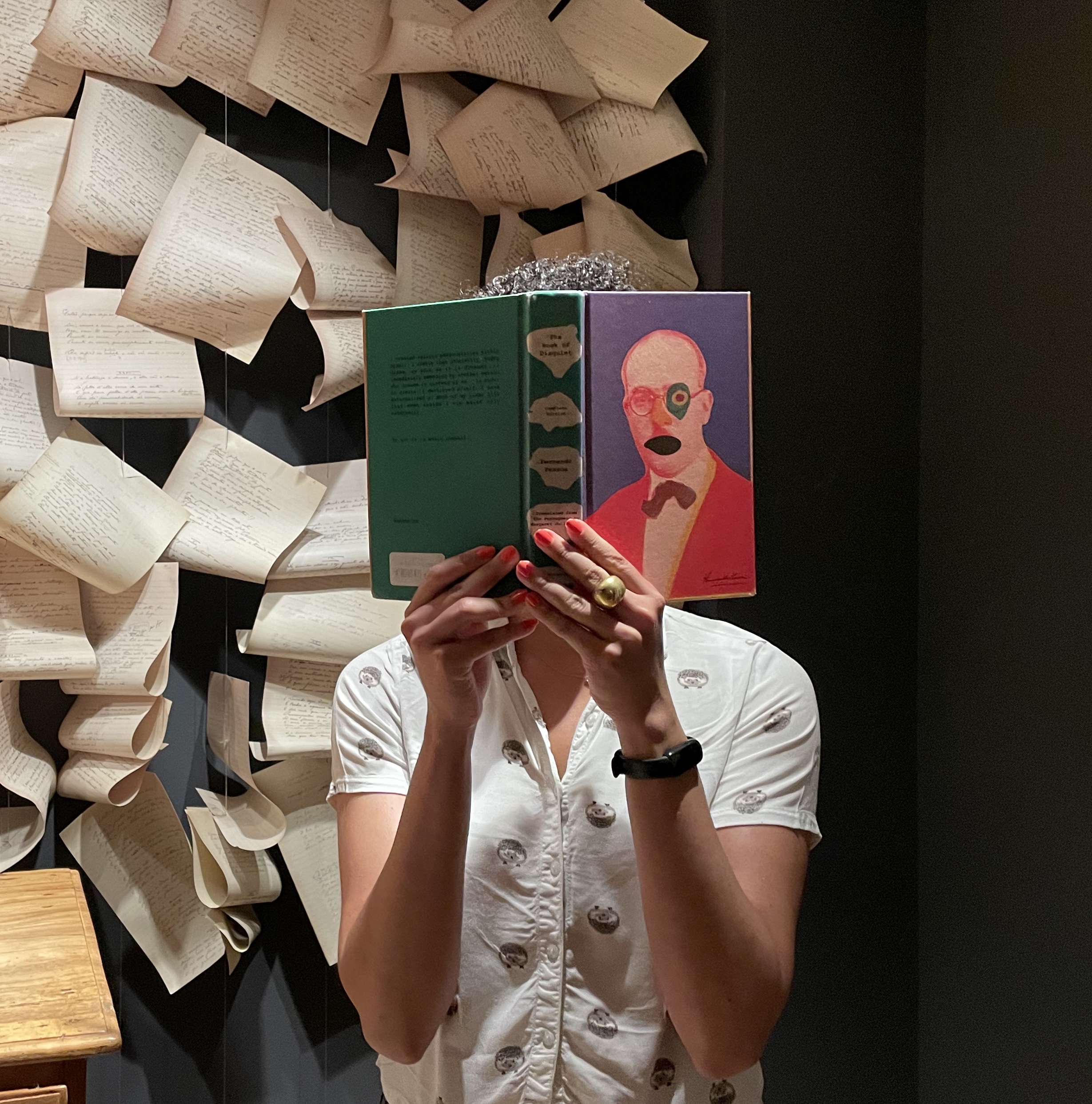Driving from Dunmore East about halfway
between Dublin and Cork on one of those narrow
cattle roads, we thought we were again lost
in the overcast and intermittent rain
of a mid-summer Irish idyll
when the sun suddenly appeared
between clouds and down below
the bay sparkled blue out to sea.
And on the cliff road a sign read “Crooke,”
thus answering our question
about the source of the phrase
“by hook or by crook” posed
the night before when from our bedroom
bathed in the moist salt air, we saw
through the open window across the water
a silver beam from Hook Head lighthouse.
Determined to take Waterford city
by storm, by any means necessary,
fair or foul, by hook or crook, Cromwell used
the two points of headland to guide his ships
to harbor his blood-driven ambitions.
We heard one more echo of an Irish
speech resonant with grief, a long keening
from the troubled dream of its history.
Later I learned another pastoral source:
custom allowed peasants to keep deadwood
they could reach with shepherd’s crooke
or cut from the King’s forest with a reaper’s hook.
From Kilmainham jail you had found coded
debate between sisters about violence
drawn in the margins by Con Markiewicz,
whose roses bloodied Gore-Booth’s garden book.
You must have channeled her militant ghost
in that night’s scarlet slip you brandished
in Buswell’s musty Georgian rooms unchanged
since the sisters took tea on Museum holiday.
The next day speechless with prescient grief,
I followed your path around Stephen’s Green
where Con Markiewicz tried to dig trenches
to hold off Tommies before Pearse gave in
and now statues stood to commemorate
the rebel martyrs and exiled writers.
So in Cork we toured the prison where she
stoked fires of civil strife with hunger strikes.
I soon knew why the Count and daughter Maeve
returned to Poland while his wife stayed
to feed the orphaned poor, and her mother
cradled die-hard rifles in artist’s arms.
Those soft days in Dunmore East proved respite
between Easter Rising and Civil War.
I felt at ease as we walked hand-in-hand
atop the promontory in a passing squall.
Looking down on village and quiet bay,
you smiled as if home in the sublime eye—
in moments lifted free of history
save the contours of land and sea.
Kevin O’Connor has recently published poetry in Notre Dame Review, Fulcrum, The Recorder, and Alhambra Poetry Calendar, and he is an editor of One on a Side: An Evening with Seamus Heaney and Robert Frost.
Click here to purchase Issue 01




